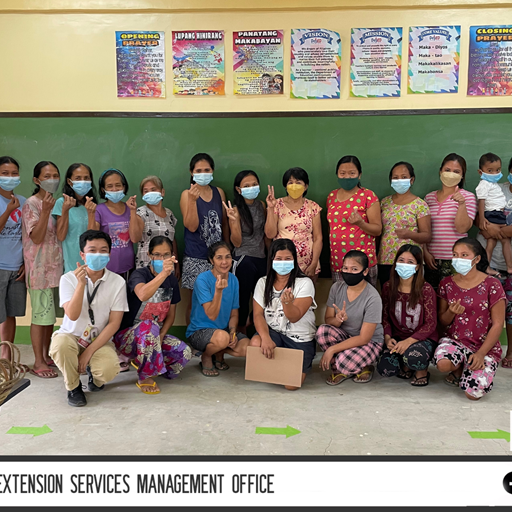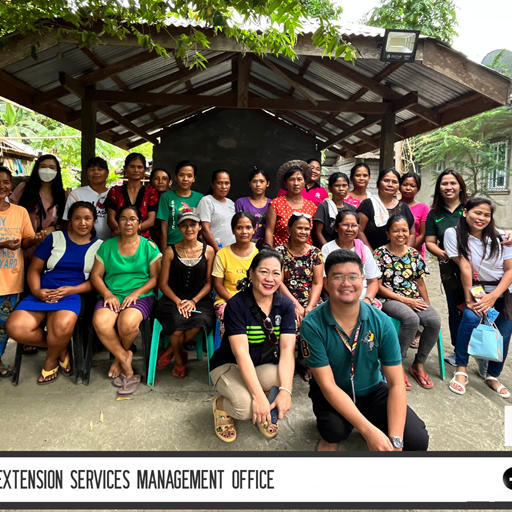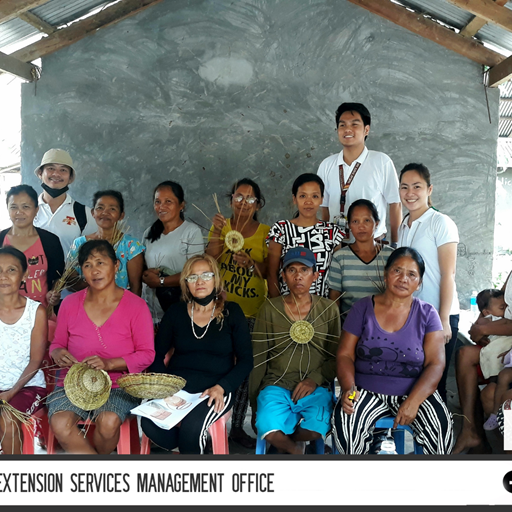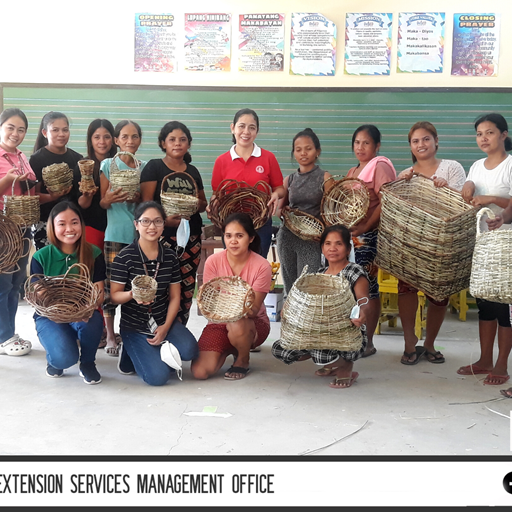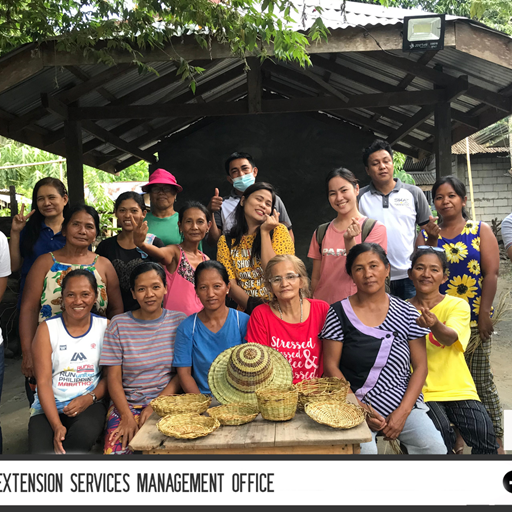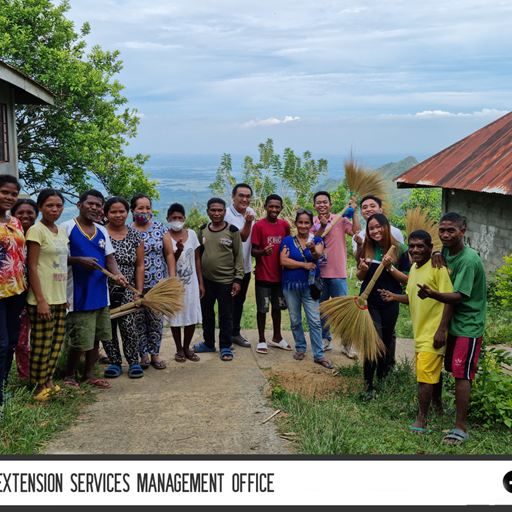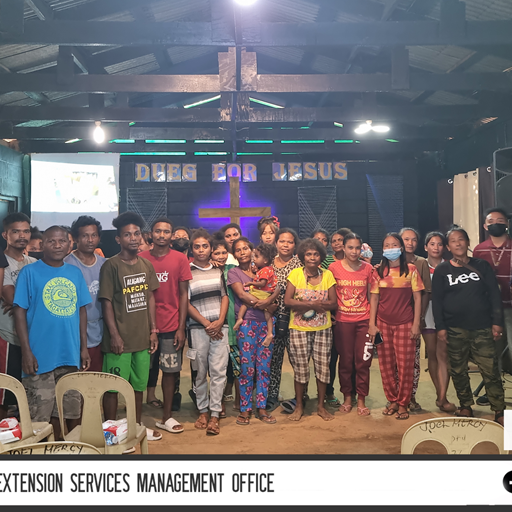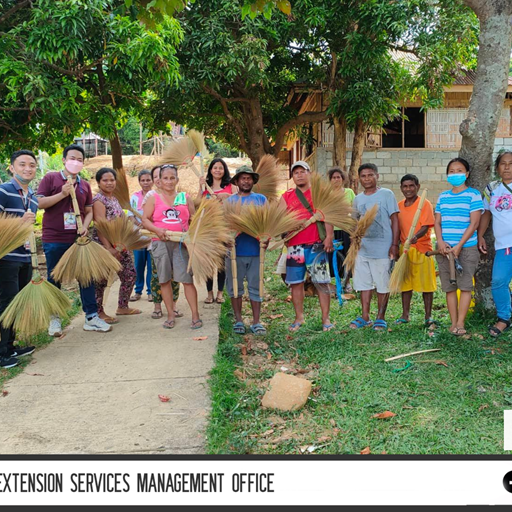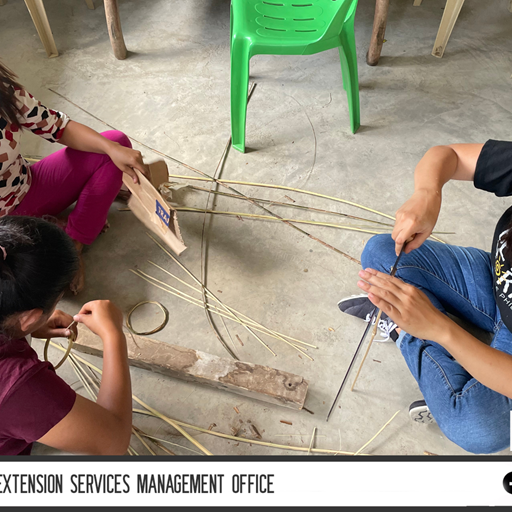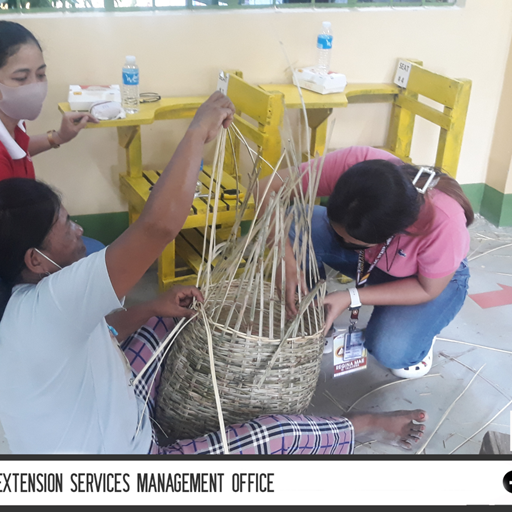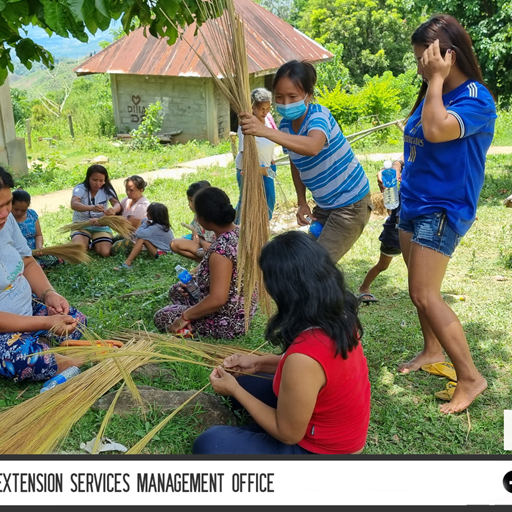More than seventy Indigenous Peoples (IPs) were provided skill training on rattan, tiger grass, and vine handicraft production by the TSU - College of Teacher Education’s Technology and Livelihood Education Department in collaboration with the Department of Science and Technology Regional Office III, Provincial Science and Technology Center – Tarlac and Local Government Units of Mayantoc, San Clemente, and San Jose.
The 3-day training was held on three consecutive Mondays (April 11, April 18, and April 25) at three identified IP communities in San Jose, Mayantoc, and San Clemente, Tarlac.
Faculty experts from the TLE department were grouped into three and were assigned to train the participants using different materials for each community.
Products to be made using indigenous materials used were identified by the DOST based on the widely available and most abundant resources in each community – tiger grass in San Clemente, vine in San Jose, and rattan in Mayantoc.
The training covered basic principles of bamboo, rattan, and vine processing and utilization, preparation of raw materials, designing, execution process, and finishing techniques.
"Maragsakan kami ta adda kastoy a klasi ti training na lalu mi pay nga lalaingen. Dakkel nga banag ken tulong atuy para kenya mi ken para ti ub-ubraen mi,” one of the participants said in Ilocano.
(We are grateful to be part of this kind of training because it helps us utilize and improve our skills and is beneficial to our livelihood.)
At the end of the training, the participants produced various handicraft items, including multi-purpose containers, rattan hats, baskets, hand-crafted brooms, etc.
The final products will be displayed in an exhibit to attract possible and potential clients.
Moreover, the Department of Trade and Industry (DTI), Provincial Cooperative & Enterprise Development Office (PCEDO), Department of Tourism, and Got Heart Foundation will be tapped for the marketing and promotion of the products.
This completed extension activity of CTED is under the long-term project eCEST. The said project aims to build a sustainable and resilient community by reinforcing efforts to alleviate poverty and improve the standard of living of the IP tribes in Tarlac.
According to Dr. Brendalyn A. Manzano, project leader, fifty percent implementation of the eCEST project has already been accomplished as of April 2022.
Different groups from the Colleges of Business and Accountancy, Science, and Engineering and Technology are gearing up to deliver extension activities to the said communities based on their expertise in the coming weeks.

